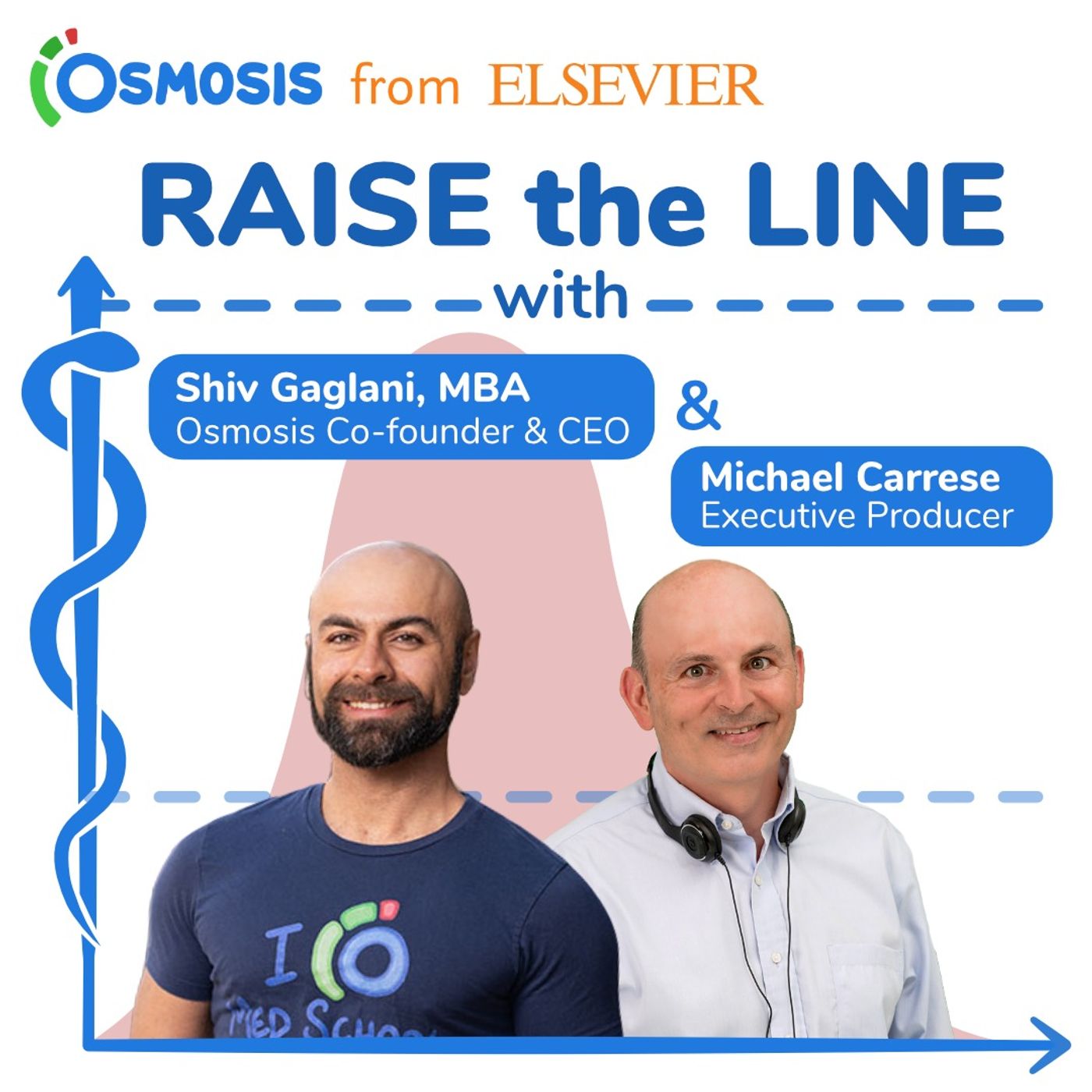- After-Shows
- Alternative
- Animals
- Animation
- Arts
- Astronomy
- Automotive
- Aviation
- Baseball
- Basketball
- Beauty
- Books
- Buddhism
- Business
- Careers
- Chemistry
- Christianity
- Climate
- Comedy
- Commentary
- Courses
- Crafts
- Cricket
- Cryptocurrency
- Culture
- Daily
- Design
- Documentary
- Drama
- Earth
- Education
- Entertainment
- Entrepreneurship
- Family
- Fantasy
- Fashion
- Fiction
- Film
- Fitness
- Food
- Football
- Games
- Garden
- Golf
- Government
- Health
- Hinduism
- History
- Hobbies
- Hockey
- Home
- How-To
- Improv
- Interviews
- Investing
- Islam
- Journals
- Judaism
- Kids
- Language
- Learning
- Leisure
- Life
- Management
- Manga
- Marketing
- Mathematics
- Medicine
- Mental
- Music
- Natural
- Nature
- News
- Non-Profit
- Nutrition
- Parenting
- Performing
- Personal
- Pets
- Philosophy
- Physics
- Places
- Politics
- Relationships
- Religion
- Reviews
- Role-Playing
- Rugby
- Running
- Science
- Self-Improvement
- Sexuality
- Soccer
- Social
- Society
- Spirituality
- Sports
- Stand-Up
- Stories
- Swimming
- TV
- Tabletop
- Technology
- Tennis
- Travel
- True Crime
- Episode-Games
- Visual
- Volleyball
- Weather
- Wilderness
- Wrestling
- Other
Creative Solutions to the Nursing Shortage - Mandy Richards, Chief Nursing Executive for Intermountain Health
How do we solve for nursing shortages in a thoughtful way in which we're reinventing the way we deliver care? That question is asked and answered on today’s episode of Raise the Line by Mandy Richards, Chief Nursing Executive for Intermountain Health which operates thirty-three hospitals in seven states. The veteran nurse leader believes the go-to strategies of doing a better job at recruitment and retention, while important, will not be enough, so it will be necessary to reskill the current workforce and redesign nursing education. Or as she puts it to host Michael Carrese, “Are we ensuring that our students in nursing school are getting taught and equipped with what they're going to need when they come out?” Richards is also keenly interested in improving the transition from education to practice -- in fact she’s pursuing her PhD at Yale on that topic -- especially at the very start of the clinical work experience to avoid what is known as “transition shock.” As part of her academic work, she’s created a research project featuring a dedicated educational unit that trains new graduate nurses in cohorts in the first month on the job. In addition to reinforcing critical thinking skills, the experience helps establishes peer relationships the new nurses can rely on going forward. Tune-in for a wealth of other ideas and insights on this key challenge in modern healthcare including establishing travel pools within health systems and the potential for ambient listening technology to improve nursing efficiency. Mentioned in this episode: https://intermountainhealthcare.org/

